Tags: Microbes
Human Brain Shows Diversity of Microbes Contributing to Neurodegenerative Disorders, Study Reveals
City Dwellers Have Slowly Been Losing Ability For Plant Matter Digestion Due to Decline of Cellulose-Eating Microbes, Study Finds
Soil Microbes Surviving 60-Year-Old Fire Reveal Negative Impact of Human Activities to the Environment
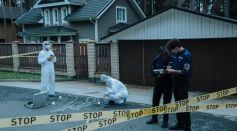
Network of Microbes Found to Drive Decomposition of Dead Bodies Holds Key in Crime Scene Investigation

Can Anything Be ‘Germ-Free’? Is It Really Possible To Completely Eliminate Surface Bacteria?
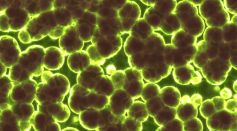
How Many Microbes Can Spark Illness in Humans? Understanding the Complex Journey Pathogens Face To Make Us Sick
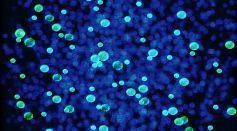
Postmortem Life? Some Microbes Continue To Live On After Human Death, Study Suggests
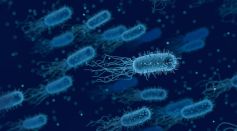
Microbial Energy? Scientists Bioengineer E. coli Bacteria To Produce Electricity, Process Organic Waste

What Makes Mozzarella So Special? Scientists Looked Into the Microbes Essential to Making This Italian Cheese Unique
Bizarre Limbless Amphibians That Look Like Huge Worms Feed Babies With Microbes From Their Fatty Skin Layer [Study]
Microbes in Groundwater Reservoirs in Canada Produce ‘Dark Oxygen’ Without Light [Study]
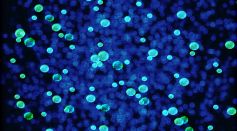
Viruses in World's Oceans? These Extremely Odd Thriving Organisms May Shed Light on the Origin of Herpes

Mount Everest Preserves Germs That Climbers Sneeze Out and Cough; Hardy Microbes Can Stay for Decades or Centuries
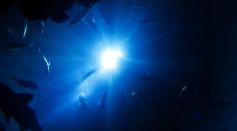
How Do Ocean Microbes Live Without Sunshine in the Deep Sea? New Study Sheds Light on How Life Evolved in That Part of the World

Tonga Volcanic Eruption Obliterated an Island Near It, Along With Life Forms Never Seen Before
Jumbo Phages: How These Giant Viruses Help With the Fight Against Antibiotic Resistance
Ancient Hawai’ian Lava Caves Home to Various Microbes Harboring Toxic Materials, Gases

Copper Nanomesh Sticks on Skin Killing Microbes Instantly Due to Antimicrobial Properties
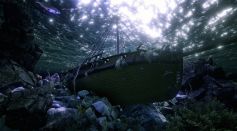
Historic Wooden Shipwrecks Become Habitats for Microbes, Shaping Microbial Ecology and the Ecosystem
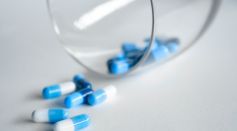
New Antibiotic Potentially Effective in Treating Human Diseases by Neutralizing Drug-Resistant Bacteria
Most Popular

Largest Known Volcanic Aquifer Discovered Beneath Oregon's Cascades

New 'Supergiant' Sea Bug Found in South China Sea, Named After Darth Vader

Mediterranean Sea Was Refilled by a Catastrophic Flood Millions of Years Ago

Mysterious Cosmic Waves That Sound Like Birds Detected in Unexpected Space Region





